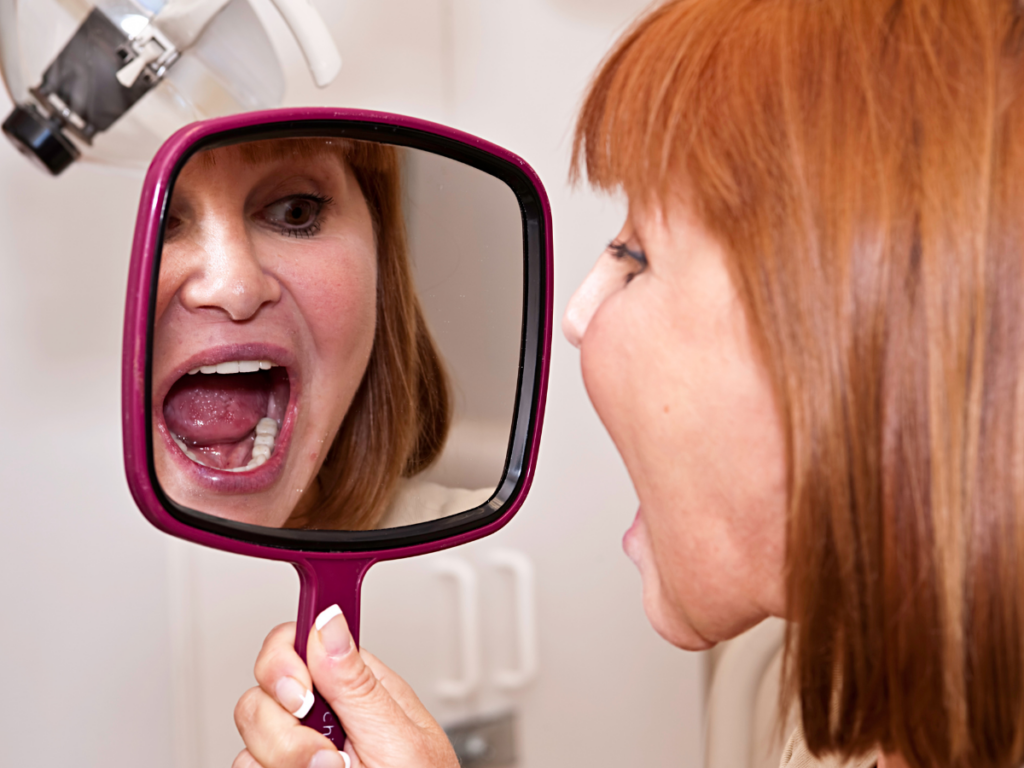
Missing teeth can be a frustrating experience for anyone. Luckily, there are versatile solutions that can help you regain your smile. One of the most popular and effective options is dental implants. Although the dental implant success rate rate varies per patient, it is generally an excellent option for those missing one or more teeth.
But what is this success rate, and how can you ensure that your dental implant procedure is successful? In this blog post, we’ll explore everything you need to know as a patient about dental implant success rates to help you make an informed decision.
Dental implants come in various shapes and sizes, but the most popular one is a titanium post. This post acts as a substitute for the missing tooth root, once installed directly into the jawbone. Once healed, an implant has a permanent crown, bridge, or denture. It is a trusted solution for its durability, stability, and realistic look and feel, making it a popular choice for patients of all ages.
The dental implant success rate is determined by the osseointegration process. Osseointegration refers to the process of your bone tissue’s fusing with the implant over time, bonding it securely to your jaw. The success of osseointegration is critical in determining your implant’s long-term effectiveness and functionality.
Although different studies have various definitions of success, implants' success rate can range from anywhere between 90% to 98% over a ten-year period.
The high success rate, coupled with the fact that implants essentially allow you to function as if you had your natural teeth, make dental implants the best solution for tooth replacement.

Several factors affect dental implant success rates, including the patient's oral health, the type of implant used, the expertise of the dentist, and the patient's lifestyle habits. Patients with a history of dental complications such as gum disease and smoking are more likely to have implant failures.
An experienced dentist with the latest technology and in-depth knowledge can significantly increase the success rate of your dental implants.
Dental implant surgery is not a set-it-and-forget-it solution. Post-operative care is a critical aspect of ensuring a successful implant outcome. Patients should be mindful of their oral hygiene, follow post-operative instructions, and attend follow-up appointments regularly.
Good oral care can prevent complications such as implant infection, premature motion, or crown failure, which can affect the implants' success. To ensure success, patients should also eat healthily, avoid drinking and smoking, and maintain regular dental appointments.
Dental implants offer an effective and long-lasting solution for tooth loss. The success rate is high, provided the patient follows post-operative instructions. Additionally, the advances in technology now allow dentists to place implants with little or no discomfort, making it a painless and convenient solution for most patients.
With proper care and regular maintenance, dental implants can provide you with enhanced comfort, improved oral health, and a beautiful smile!
However, dental implant success rates vary from patient to patient, depending on several factors, including:
Whether you're considering implants or already have them, it's vital to understand what the recovery process entails and what you can do to increase their chances of success.
At Dr. Trichas's office in Basking Ridge, our experienced team is here to answer any questions you may have and provide the resources and support you need for a successful implant outcome. We've helped hundreds of patients regain their smile, and we can help you too.